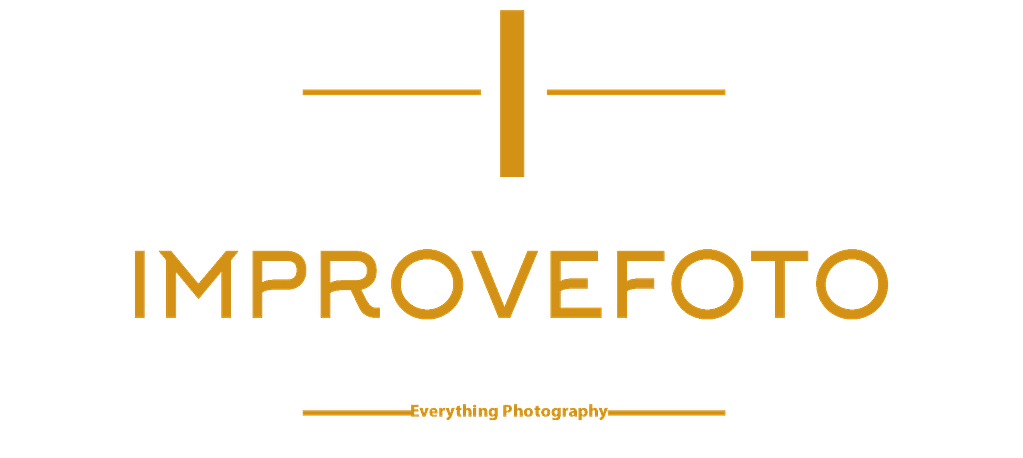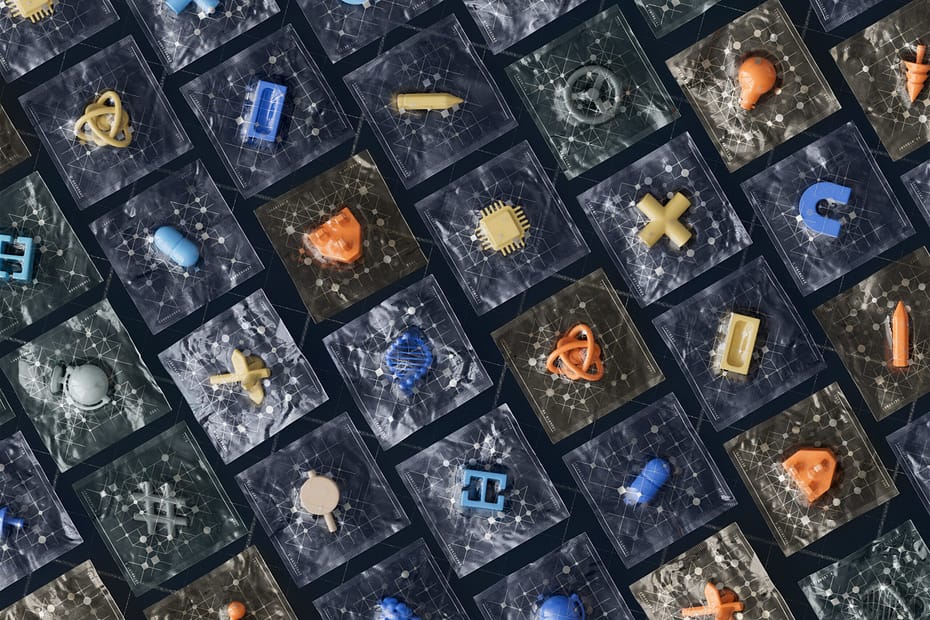Artificial intelligence (AI) has and continues to have a significant transformational impact on our lives. It has changed how we conduct business by replacing human intelligence with machine learning. Photography is no exception. With apps such as Adobe FireFly, tasks that once required a photographer can now be accomplished with generative AI. Will AI enhance photography skills or eliminate the need for photographers?
It is a difficult question; on the one hand, AI is a time saver for photographers. It frees photographers from those pesky, mundane, repetitive tasks.
For example, AI can automatically identify and tag people in photos, recognize objects and scenes, and even suggest technically better photo compositions and colour schemes. Ai can complete these mundane tasks better and faster, saving the photographer time.
However, good photography relies on human creativity.
Ultimately, AI is a tool and not a replacement for a photographer. AI can enhance and speed up the photography process, but human interaction is still needed.
Although AI may help photographers capture technically perfect images, it will never be able to capture the emotion that a human photographer can convey. Furthermore, many photographers take pride in their creative process and artistry and may feel uncomfortable giving up control to artificial intelligence.
AI is a powerful tool that can assist photographers in enhancing and speeding up the photography process. However, it is essential to understand that it is not a replacement for human interaction and creativity. It is a tool which, used correctly, can enhance the photographic process.

If you are still on the fence about AI, you can find out the advantages and disadvantages of AI in photography below and make an informed decision.
Automated Image Enhancement
Traditional digital photo editing requires learning sophisticated post-production software. This often demands a lot of skill and time to master photo editing techniques. It can be frustrating. Indeed, some photographers lose patience in attempting to master post-processing software.
However, AI algorithms analyze images at speed. They spot shortcomings and enhance them by adjusting contrast, brightness, and colour. This saves photographers a lot of time. Newer photographers can also improve their image quality with these new features. It allows every level of photography.
Intelligent Composition Help
Composition determines how viewers perceive an image. For those using AI photography, their composition quality can significantly improve.
AI algorithms can learn from established composition rules. This enables them to provide real-time suggestions to photographers.
AI can quickly identify the optimal focal point and suggest different framing options. This allows photographers to focus more on creativity and storytelling.
Easily Recognize Images
AI makes it easier for photographers to categorize photos. By exploring the content of an image, AI algorithms can identify objects fast.
They are also able to pinpoint people and locations. This allows for automatic tagging. They also enable the organization of vast image libraries.
This functionality saves time and lets photographers work efficiently. It also enables easier retrieval of specific images.
Feedback and Analysis
Imagine having an AI assistant analyze your photographs as you capture them. They can provide feedback, allowing you to make improvements. AI in photography might make this a possibility.
AI algorithms can look at factors like exposure and focus. They give you instant feedback. This helps photographers make adjustments on the spot.
These features benefit professionals seeking precise control over their images. It’s also great for beginners looking to learn and improve their skills.

Image Creativity
Artists and photographers can use algorithms to create unique and imaginative visuals. These visuals push the boundaries of traditional photography. AI can generate realistic landscapes or surreal and abstract compositions. In doing so, it opens up a new realm of artistic possibilities. Photographers can enjoy getting creative with their artistic visions and exploring new photography techniques.
Ethical Considerations and Challenges
While AI brings many benefits to photography, it also raises ethical concerns. Issues such as privacy and the potential for deepfakes demand careful attention. It’s essential to keep these factors in mind.
It is crucial to ensure that AI usage is responsible and transparent. However, it’s all too tempting for people to use AI in their work. It can pass easily for an authentically taken shot.
Specific guidelines could come into effect in the future. They will be necessary to ensure no one is at an unfair advantage regarding photography. These regulations may help track AI usage in the arts and photography.
Artificial Intelligence Could Improve Photography
Artificial Intelligence could enhance photography. It might make photographers more able to explore new techniques. But, a balance is needed between AI and preserving the human touch in photography.
As AI evolves, photographers should consider how it can help them. But they also must navigate ethical considerations to ensure a responsible and sustainable future for the art form. To learn more about photography, check out our portfolio today.
— Ansel Adams
- Creating Stunning Photographs with Moving Light - February 15, 2024
- Artificial Intelligence And Photography - September 18, 2023
- Exciting October Lightroom Update - September 28, 2021
Sharing is caring:
- Click to share on Facebook (Opens in new window)
- Click to share on Twitter (Opens in new window)
- Click to share on LinkedIn (Opens in new window)
- Click to share on Pinterest (Opens in new window)
- Click to share on Reddit (Opens in new window)
- Click to share on WhatsApp (Opens in new window)
- Click to email a link to a friend (Opens in new window)
- More

